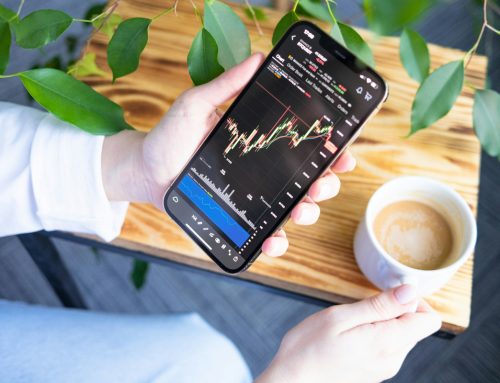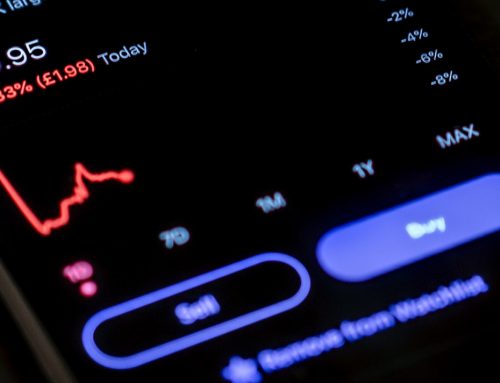To retire with Peace of Mind, you need to concentrate on three areas:
PROFIT—a plan to grow your portfolio safely and steadily
PROVIDE—a system to generate consistent income
PRESERVE—a protection plan for capital preservation
While all three areas are vitally important, I wrote an Essay on April 13, 2018, titled, “How to Use Other People’s Money,” which focused on PROVIDING consistent income. It was about a single, elderly woman named Thelma who traded Options as a safe, predictable way of generating income to live on.
Thelma focused on very good, fundamentally sound companies, that had been beaten down in price. Her theory was that those stocks were less likely to go down in price and more likely to go up. Once the stocks started to move back up, instead of buying shares of the stock, she would SELL A PUT.
Here’s how that works: By selling a PUT, you’re saying you’d be willing to buy the stock, at a certain price (strike price), by a certain date (expiration date).
I love this strategy for two reasons.
If the trade goes for me, I generate income from the premium I receive from the sale of the PUT.
If the trade goes against me, I can use the money I received from the sale of the PUT towards purchasing a stock I really like.
OK, but there are no free lunches out there. There are a couple of downsides of just selling a PUT.
It requires the same amount of margin as it would take to buy the shares of the stock. Depending on your account size, this may limit the number of trades you’d be able to do at any one time.
If the stock moved much lower than expected and much quicker than expected, there is no built-in downside protection. (Keep in mind, Thelma minimized this by focusing on really good companies that resumed their uptrends.)
Well, is there a way to eliminate these downsides?
banner
Of course! The answer is not only to sell a PUT, but to buy a PUT along with it as an insurance policy. The end result is called a Credit Spread, also called a Vertical Spread.
Here’s how it works.
First, your mindset shifts. You no longer are entering the trade willing to buy the stock. Instead, you are entering the trade with the sole purpose of generating income.
Second, you will NOT hold this trade until expiration.
Third, the strike price you select for the PUT you sell is far enough below the current stock’s price that it is not likely to get hit AND it still gives you a nice premium.
Fourth, you buy a PUT slightly below the one you sold.
Since, the amount you receive for the PUT you sell is more than the amount you spend on the PUT you buy, the end result is a net credit. In other words, you get paid.
How does the Credit Spread eliminate the downsides I mentioned earlier?
The margin requirement is drastically reduced most likely allowing you to place multiple trades in your account.
You have dramatically minimized the amount you can lose.
Using credit spreads is How To Make A Safe Options Strategy Safer.






Leave A Comment